Health Coverage in Canada
Students studying in a Renison ELI program for more than 14 days must enrol in the mandatory University Health Insurance Plan (UHIP). The cost of UHIP will be included in your program fees.
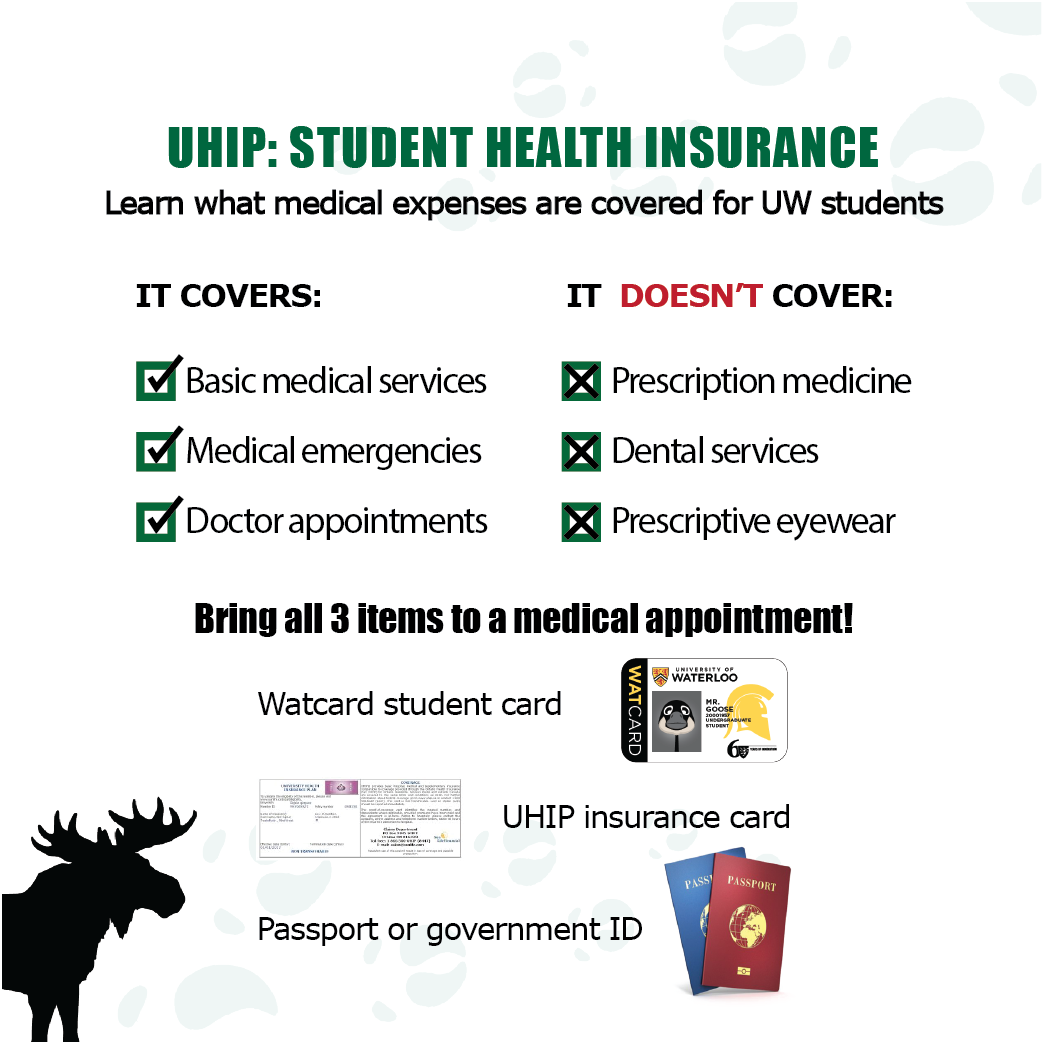
A full list of what UHIP does and does not cover can be found on their website at UHIP.ca.
IMPORTANT: UHIP only covers health care costs while you are studying in your English program.
Your UHIP is only valid while you are studying at Renison or the University of Waterloo. As well, UHIP is only valid within Canada; you should obtain travel insurance if you plan on travelling to the United States at any point during your studies (even if it is a short trip). You should also make sure you have travel insurance if you decide to remain in Canada for any length of time before or after you study at Renison, as your UHIP insurance is only valid while your are studying in your ELI program.
On your first day, you will receive a UHIP card with your name on it. Keep it in your wallet. If you have to go to a walk-in clinic, hospital, or doctor’s office while you are in Canada, you need to show your UHIP card to prove you have health insurance.
To find a health care provider who accepts UHIP, go to the UHIP website and click on find a clinic or doctor. Scroll down to Preferred Provider Network and click on the link to find a preferred health care provider that is conveniently located for you.
MAKE SURE THEY HAVE HEALTH COVERAGE
Find out what you need to do if your spouse or children are coming with you when you learn English in Canada.
Health services on campus
Learn about the student medical clinic available at UWaterloo and how you can access a doctor if you need it.
Off-campus Health Clinics & Hospitals
Learn about off-campus medical clinics and hospitals available that are near campus.
Mental Health Support
Your overall mental health is important to everyone at Renison. This means ensuring you have a balance in all aspects of your life; socially, physically, spiritually, economically, and mentally. Sometimes you need to talk to someone who can help you resolve problems that affect your day-to-day life.
Mental Health and Wellness Resources
There are additional mental health and wellness resources available to all students. Most of these services are free or have a small fee attached.
Canadian Life & Culture
If you cannot view this video on YouTube, view the video through our alternative link.
You may be excited to try new foods while you are in Canada. Most Canadian food is similar to food in other western countries, and may contain a lot of meat, cheese, starches (bread, potatoes, and rice), salt, or sugar. While you will likely be excited to try new food while you're here, remember that it may taste very different than food from your own country.
Missing food from home? Don't worry! The City of Waterloo has many different cultural restaurants within walking distance of the University of Waterloo. Want to cook your favourite meal? You're in luck, as there are also many international grocery stores nearby where you can purchase ingredients from all over the world!
Restaurants & Grocery Shopping Options
Learn about cultural food options available to you, including restaurants and grocery stores that are near Renison.
Transportation
There are several options available for travelling around the Kitchener-Waterloo area. Taxi services and ride-sharing companies (such as Uber and Lyft) are plentiful, and walking or cycling to your destination is possible in many areas of the city. As well, purchasing a car may be a practical option for students who will be living in the area long-term. Having said that, the cheapest and most convenient option for many students will be public transportation.
Grand River Transit (GRT) is the local public transit system (city buses and light-rail) for Waterloo Region, which includes the cities of Waterloo, Kitchener, and Cambridge. The cash fare for a one-way journey on GRT is $3.75. To pay with coins, deposit the coins in the fare box when you board the bus, and request a paper transfer. On a light-rail platform, deposit your coins into the fare vending machine; it will print a paper transfer for you. Scan this paper transfer on the machine or platform card reader to validate your fare. This transfer is your proof of fare payment while using GRT, and will be good for 90 minutes of travel after validation.
EasyGO electronic fare cards (tap cards) are also available for purchase from fare machines at major GRT stations. You can add money to these tap cards to pay your GRT fares. These cards are a good option if you will be using public transportation frequently. To pay your fare, tap your card on the card reader when you board the bus or arrive at a light-rail platform. Just like cash, one fare is good for 90 minutes of travel on GRT when you use your EasyGO fare card.
- Are you a full-time EFAS, BASE, or iBASE student studying in the Fall, Winter, or Spring terms?
Your student fees include a bus pass that is attached to your WatCard. Just like an EasyGO card, your WatCard allows you to ride GRT buses and light-rail while you are studying with us. When you board a GRT bus or arrive at a light-rail platform, tap your WatCard on the card reader to pay your fare. - The Google Maps, Here Maps, and Apple Maps apps provide real-time public transportation schedules that let you know the best GRT route to take, when the next bus or train leaves, and if the bus or train is running on time.
LEARN ABOUT Transportation to other cities
Many of our students may decide to travel on their own to other cities in eastern Canada, including Toronto, Ottawa, Montreal, or Quebec City. Learn how to get there.
Explore Waterloo Region
You will be coming to the City of Waterloo, which is located in the Region of Waterloo in the Province of Ontario. The Region of Waterloo includes the cities of Waterloo, Kitchener, Cambridge, as well as surrounding rural townships. Waterloo Region is often referred to as "Kitchener-Waterloo" or "K.W." in casual conversation.
Learn more about our beautiful region by visiting these helpful tourism websites!
- The City of Waterloo
- The City of Kitchener
- The City of Cambridge
- Uptown Waterloo
- City of Waterloo Events Calendar
- Explore Waterloo Region
- Events in Waterloo Region
- St. Jacobs Farmers Market (Village of St. Jacobs)
- Conestoga Mall (Indoor shopping centre on the north side of Waterloo)
- The Boardwalk (Outdoor shopping centre on the west side of Waterloo and Kitchener)
- Fairview Park Mall (Indoor shopping centre on the south side of Kitchener)
Travelling out-of-town? Let us know!
Travelling during your ELI studies can be a great way to see new places and experience new things! When you go out-of-town, it is a good idea to let others know your travel plans in case anything unexpected happens. That’s why we recommend you complete our Out-of-Town Travel Notification Form if you plan on travelling outside the Kitchener-Waterloo area for two or more days. Notifying Renison of your travel plans helps us know where you are and how to contact you in the event of an emergency. If you have questions about completing the Travel Notification Form, please contact us and we will be happy to help!
Holidays and Celebrations in Canada
Adjusting to a new culture
Once you arrive in Canada and make your way to Renison University College, you most likely will be excited about the adventure you are about to experience. You are ready to try new things and explore what the English Language Institute (ELI) at Renison has to offer.
Over the course of your stay you may experience some unpleasant moments, when perhaps your perceived ideas of life in Canada are not what you are actually experiencing, resulting in culture shock.
Culture shock is a feeling of confusion or discomfort by someone who is suddenly experiencing an unfamiliar culture or way of life.
Some factors contributing to culture shock include: food, language, customs, fashion, weather, and even landscape.
Renison ELI's staff are here to help if you have any challenges adjusting to Canadian culture and need someone to speak to. A terrific way to receive support for adjusting to a new culture is to register for a one-on-one meet-up. We are happy to help!




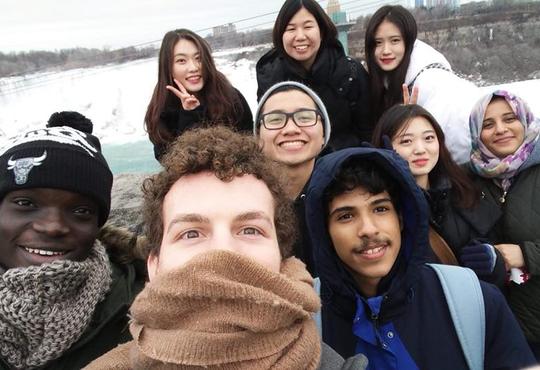
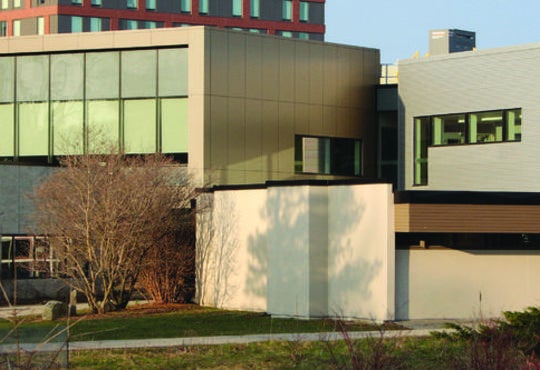
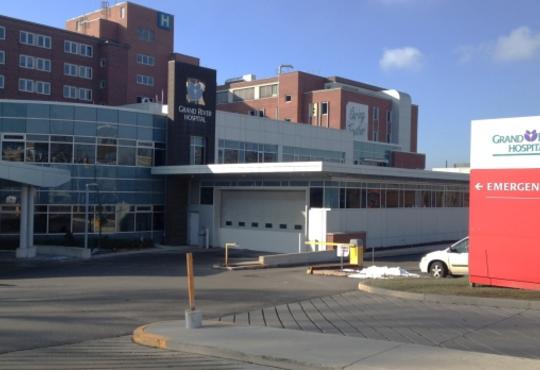
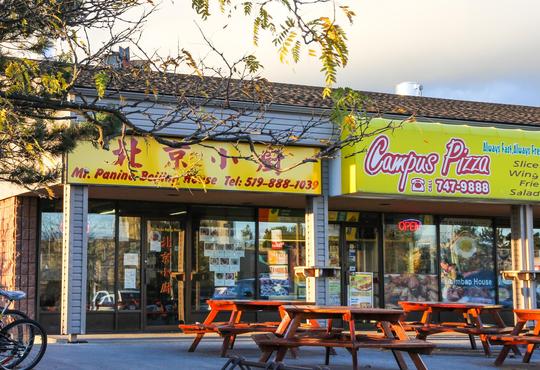
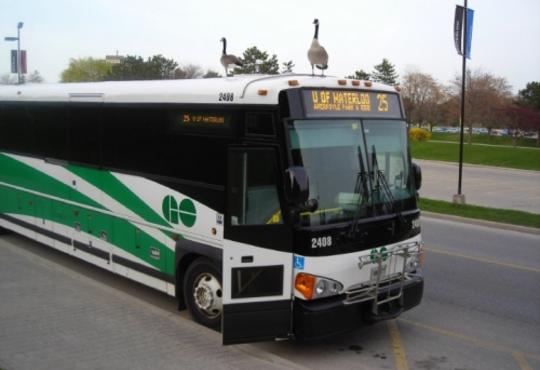
 For transportation inquiries, we encourage you to visit
For transportation inquiries, we encourage you to visit 

